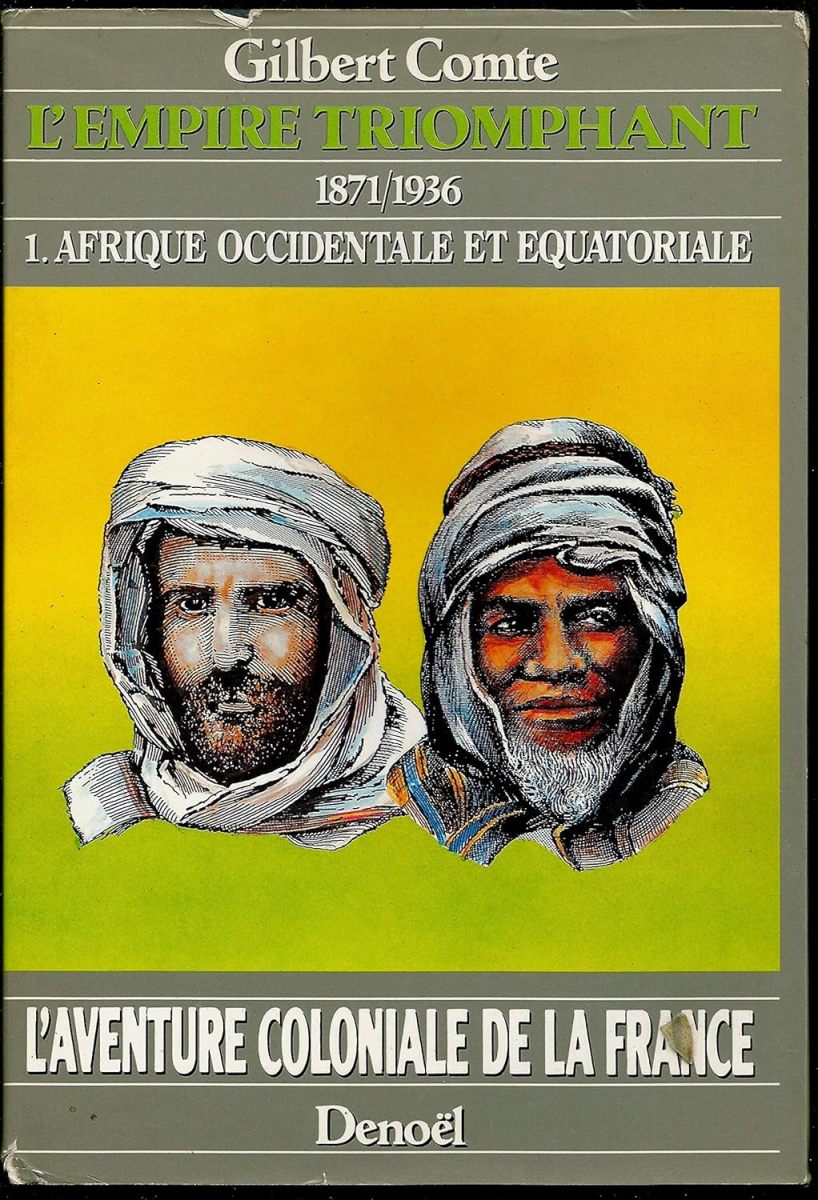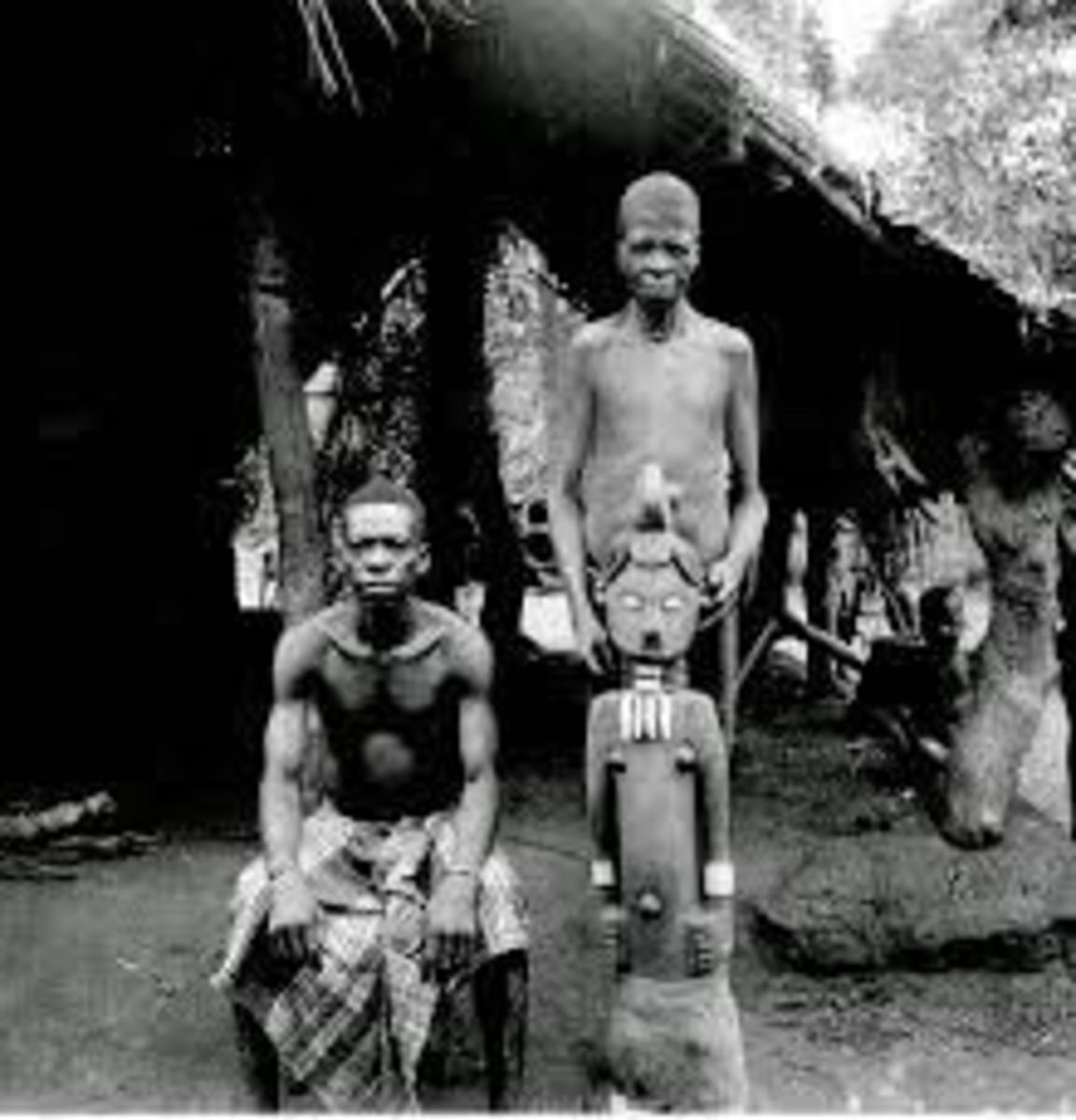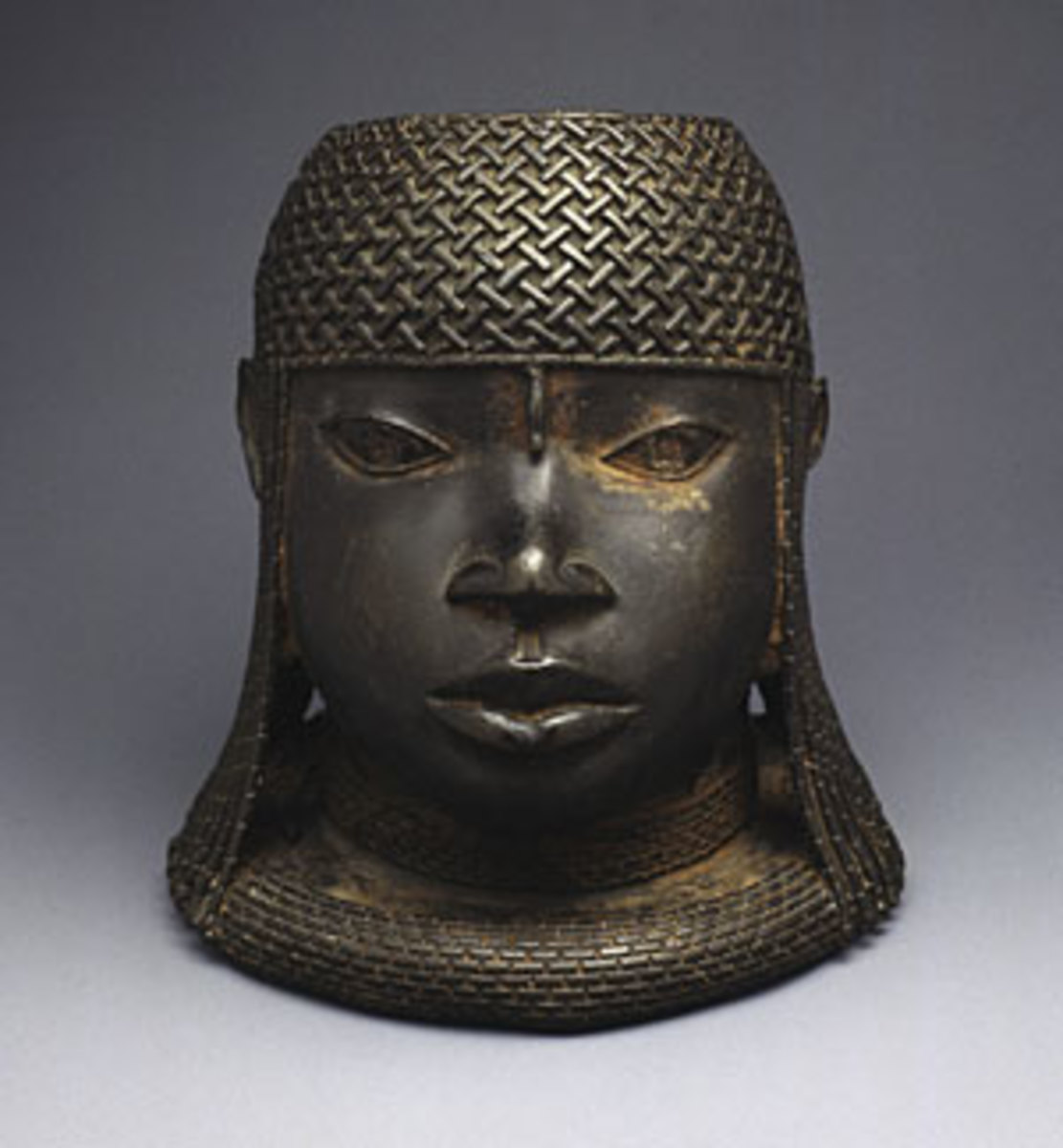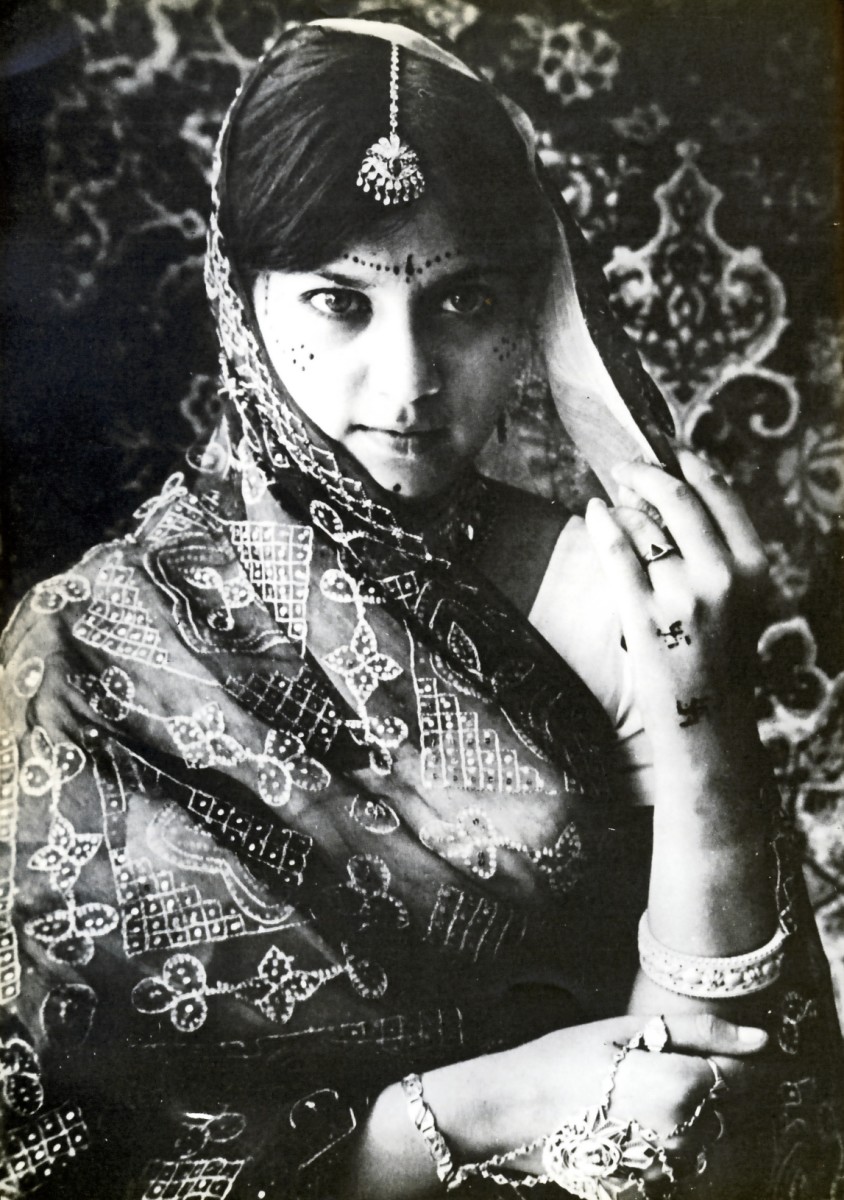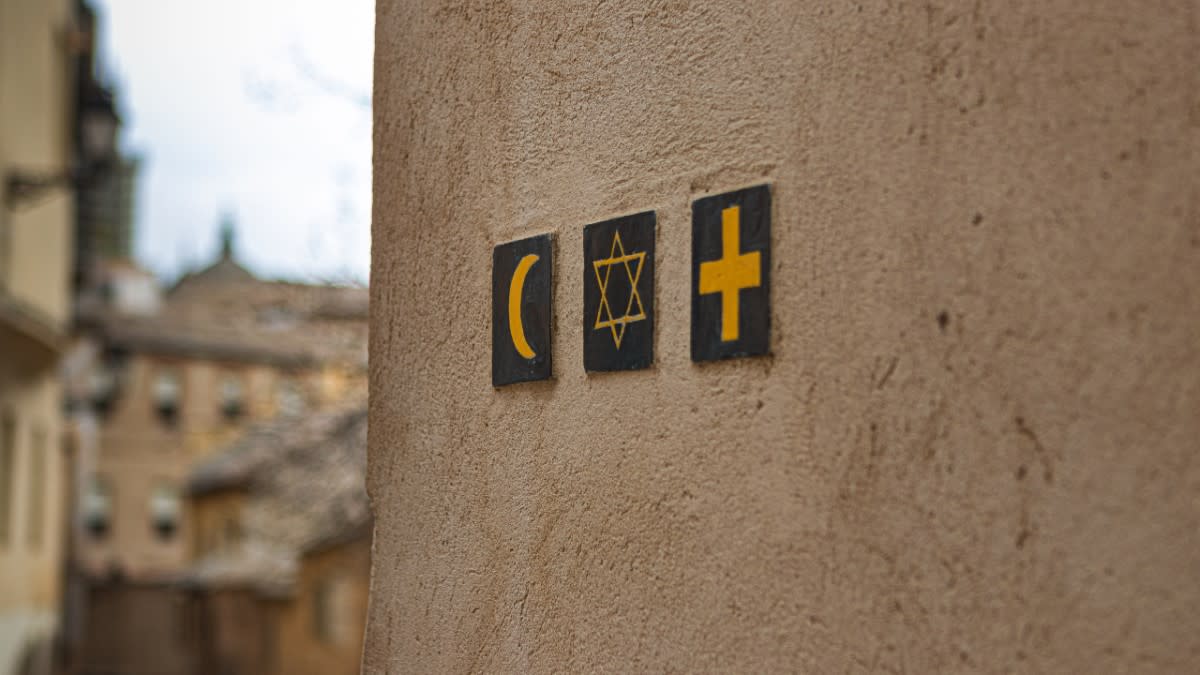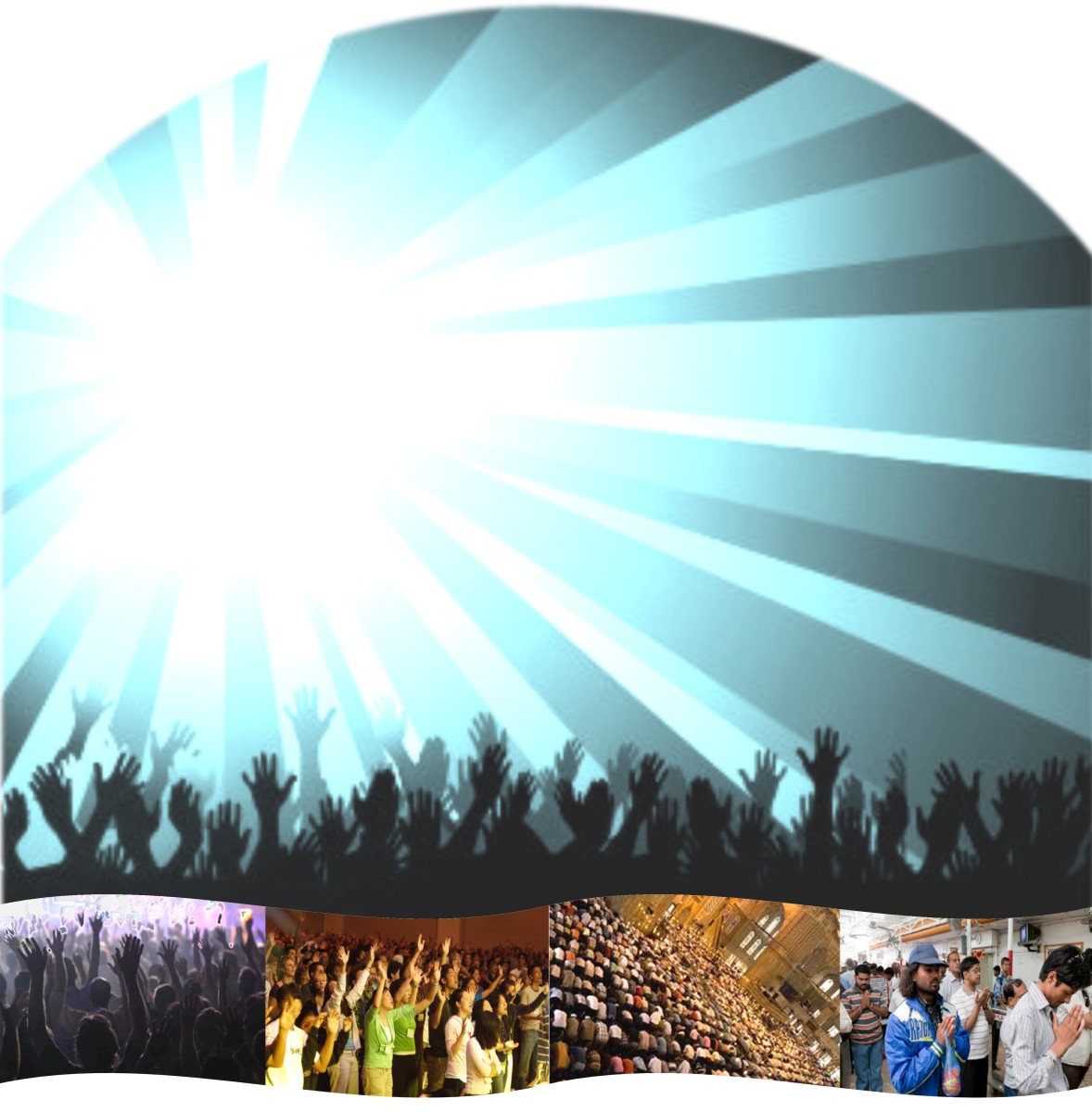Religion and crime in Africa: The Nigerian experience
Some scholars in Africa have claimed that the introduction of Western religion to African caused more harm than good. Their reason is not difficult to understand because crime among other vices seem to be on the rise following the introduction of Western Religion especially Christianity which is held by most people in Eastern Nigeria with their doctrine of mercy, forgiveness, and judgment after-life unlike the Muslim religion where some crimes, if not all, have immediate punishment.
Before the advent of Christianity, the Igbo tribe knew little or no robbery. This is mainly because of their belief in African traditional religion which had/has serious consequences for crimes such as armed robbery. Then, traders could freely keep their goods at a spot with a price tag on it and went farming while people buy the goods and kept the money without stealing the goods or any cash found there. At that time, also, people did not bother to fence their houses because they were not afraid of robbers but today even if your doors and gates are closed the robbers still come and knock for you to open or they shoot or they can break in. The banks are robbed easily and freely among other crimes.
It seems the African God is quiet because he has been ignored and his altars have been destroyed in many places. Then, just like the God of the Old Testament, the people were punished for their crime so they were afraid and they lived according to the laws of the land.
One of the African scholars wrote a book called, “Ajija (agent of death and destruction) by Damian U. Opata” in which he illustrated the powers of the African Gods and the reason Africans have to return to their God. There are many other scholars that share such views and the worst incident, and funnily enough, is that in Nigeria, it is now the criminals that employ the said, black magic, for their protection and while same criminals also pray in the churches for help and protection. There are cases of robbery even in the churches just to show how bad the case is and their disrespect for God. Black magic is called so here because that is what Christians and others that disagree with the African traditional religion call all powers that fail to agree with theirs.
The recent religious crisis in Nigeria in the name of Boko Haram has worsened the situation of religion and crime as these Muslims release terror in the name of religion and their God. Nigerians are no longer safe especially in the Northern part of the country. It follows that while Christianity do not agree in violence some Muslim use it as an advantage to kill Christians and go unpunished. All these are bad news for Africans and Nigerians in particular.
Religion is expected to bring peace, unity, justice, love, and kindness but it can rightly be said that it has failed in this respect and those that think it succeed do so by faith and not because they experience true peace. Then the question is what the need of western religion, if it has come to deny us peace and justice? Why can’t the God of the churches bring justice to the people by punishing the culprits?
Some African has refused to let go of their religion and the Christian movement is still pushing strongly to convert such people while those they already converted had not known peace in terms of the rising crimes in such societies because the African Gods have been left out of the societies. It seems the culprits enjoy the situation more as it gives them the ground to flourish. However, the problem may not really be in the religions or because the God introduced, does not function to give justice to men here, on earth. But the problem is that people especially Nigerians took advantage of the gospel of mercy and forgiveness to commit evil and if that is the case then we have to seek ways to solve the problem. The question is; how can the churches (and may be other religions) help to solve these problems if they do not want African to go back to their own God, who is know to be able to provide immediate justice when called upon?

